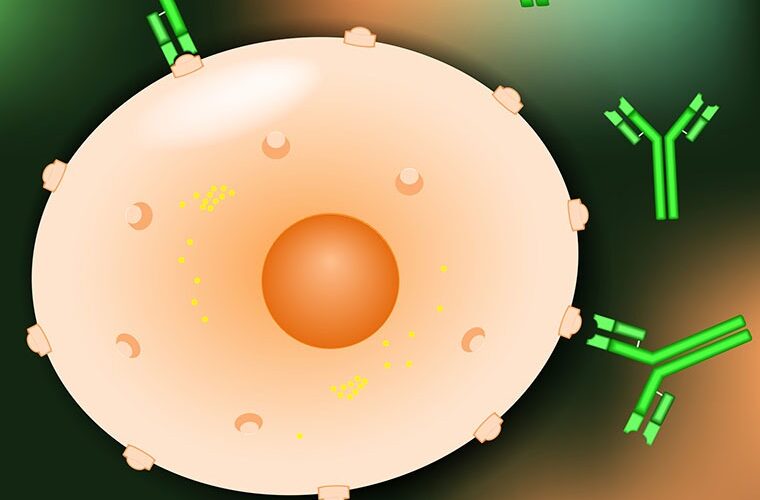When To Suspect Immune Deficiency
Immune deficiency is suspected when an individual has recurrent infections, such as ear infections, sinusitis, bronchitis and pneumonia. Immune deficiency can either be primary or congenital, or acquired as an older child or adult. The most common of these are an absence or partial absence of immunoglobulins that are necessary to protect against and fight infections.
Evaluation For Immune Deficiency
Allergists are also trained as immunologists and are the specialist to whom patients may be referred for evaluation of possible immune deficiency. The evaluation will consist of a review of the history, physical examination, and testing to assess different parts of the immune system.
Tests that might be ordered include the following:
-
- Immunoglobulin levels
- Antibody levels for response to vaccinations
- Lymphocyte numbers for evaluation of cellular immunity
- Complement protein levels
- Delayed hypersensitivity skin tests
Because true primary immune deficiencies are not common, the evaluation often turns out to be normal and the recurrent infections are due to another cause. But when abnormal, the evaluation usually shows a low immunoglobulin G level, which is either monitored, or can be treated with supplemental intravenous or subcutaneous gamma globulin with good results.
